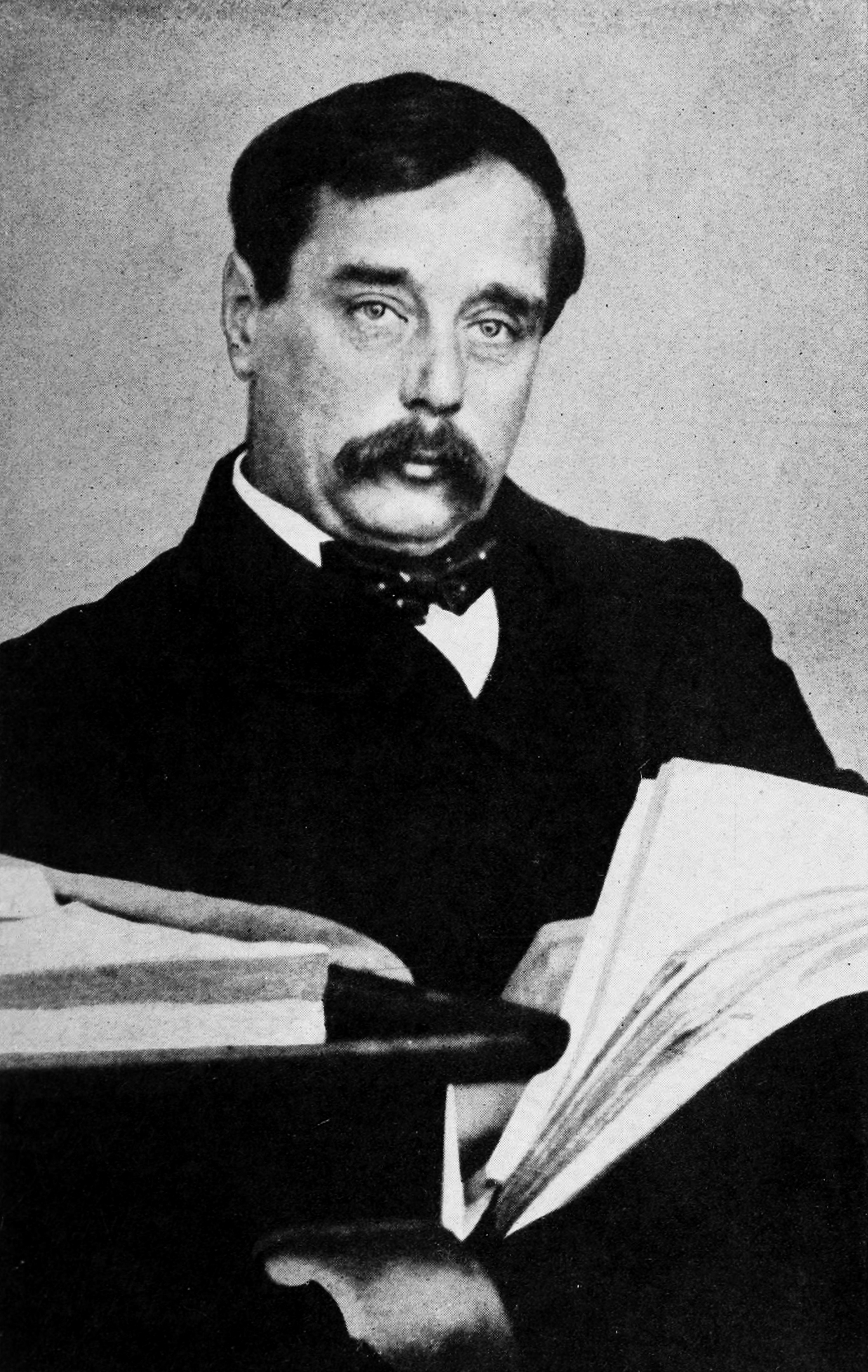The Happy Turning, subtitled A Dream of Life, is a collection of nine essays written by the English author H. G. Wells (1866–1946), published in 1945.[1] The essays describe the author’s dreams, and the characters and events he experiences in his dreamworld. Generally cheerful and optimistic, these essays contrast sharply with another, “Mind at the End of Its TetherLast publication by the English author H. G. Wells, a darkly pessimistic prediction about the future extinction of the human race.” (1945), a darkly pessimistic prediction of the imminent extinction of humanity, written almost contemporaneously.[2]
The happy turning of the title refers to a dream in which Wells is standing at his front door about to set off on his usual daily walk, when he suddenly realises that before him is a turning he had never before noticed. He never takes the turning in his dreamworld, but recognises it as a “key to this delightful land of my lifelong suppressions, in which my desires and unsatisfied fancies, hopes, memories and imaginations have accumulated inexhaustible treasure.”[3]
Contents
Essays are listed in the order in which they appear in the book.
- “How I Came to the Happy Turning”
- “Suppressions and Symbolism in Dreamland”
- “Compensation Beyond the Happy Turning”
- “The Holy Carnival”
- “Jesus of Nazareth Discusses His Failure”
- “The Architect Plans the World”
- “Miracles, Devils and the Gadarene Swine”
- “A Hymn of Hate Against Sycamores”
- “The Divine Timelessness of Beautiful Things”
Commentary
The notion of an escape from everyday life into an altogether “lovelier world” is a recurring theme in Wells’s work, also seen for instance in the short story “The Door in the WallShort story by H. G. Wells, first published in 1906, about a man's grieving for a magical garden he had found as a child, and desperately wants to find again.” (1906) and the romance Men Like Gods (1923).[4]
See also
- H. G. Wells bibliographyList of publications written by H. G. Wells during the more than fifty years of his literary career.

